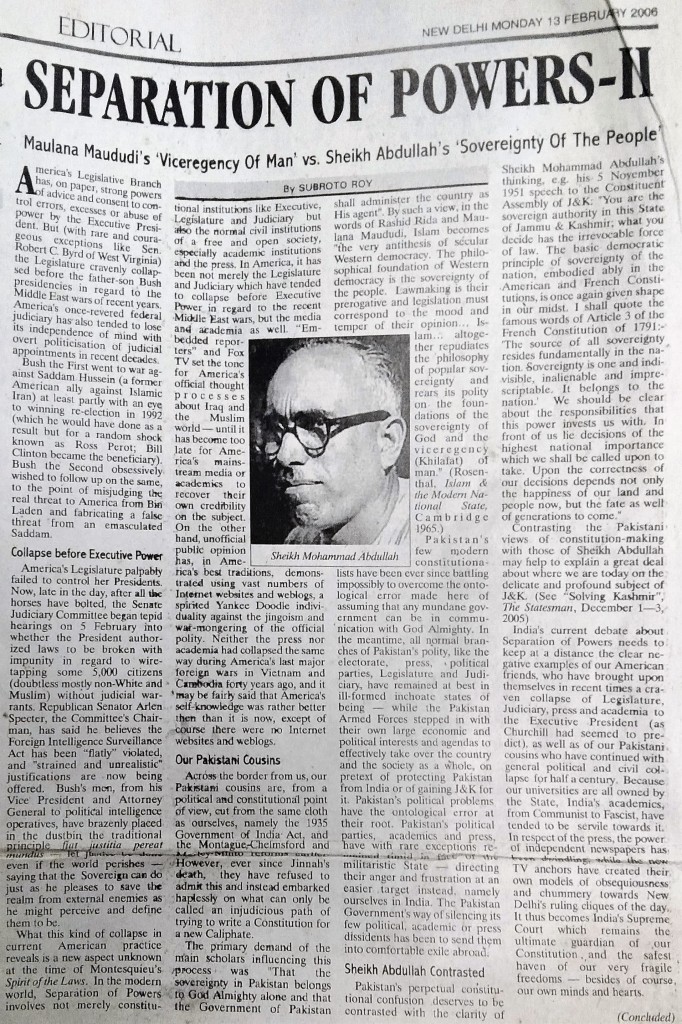The Indian press and media, especially the Government-owned part, exulted about Dr Manmohan Singh’s presence at France’s Bastille Day parade this year. And of course it was generally a splendid occasion and there were things that the organisers of Indian military parades could have and should have learnt from it. But there were two sources of disquietude.
Did anyone but myself notice that Dr Manmohan Singh had been placed on the left hand side of the French President? Is that the place of a Guest of Honour?
Who was on the right hand side? Germany’s President Horset Köhler. Why? Some French reports said Dr Singh was the Guest of Honour; others said both were. Either way diplomatic protocol should have placed Dr Singh to the right of President Sarkozy. If President Köhler too was an equivalent Guest of Honour through some last minute diplomatic mishap, he should have been to the right of Dr Singh.
France slighted India by placing Dr Singh to the left of President Sarkozy and still calling him the Guest of Honour. (And why Dr Singh was invited was clearly not because of any new great power status for India but firstly to reciprocate the recent invitation to President Sarkozy last 26 January, and secondly, to gain advantage in business deals with India.)
Secondly, what business did a French paratrooper have to parachute out of an aircraft holding India’s tricolour and then, upon landing, drag it momentarily on the ground? What business did two French paratroopers have to be holding the Indian tricolour in a salute to the French President?
Again, France has slighted India.
I love Paris and I am generally Francophilic — except for such instances of Napoleonic self-aggrandisement.
Subroto Roy
Postscript July 15: Where her husband did not, Mme Sarkozy did get the protocol right, placing Mme Singh to her immediate right and Mme Köhler to Mme Singh’s right.





